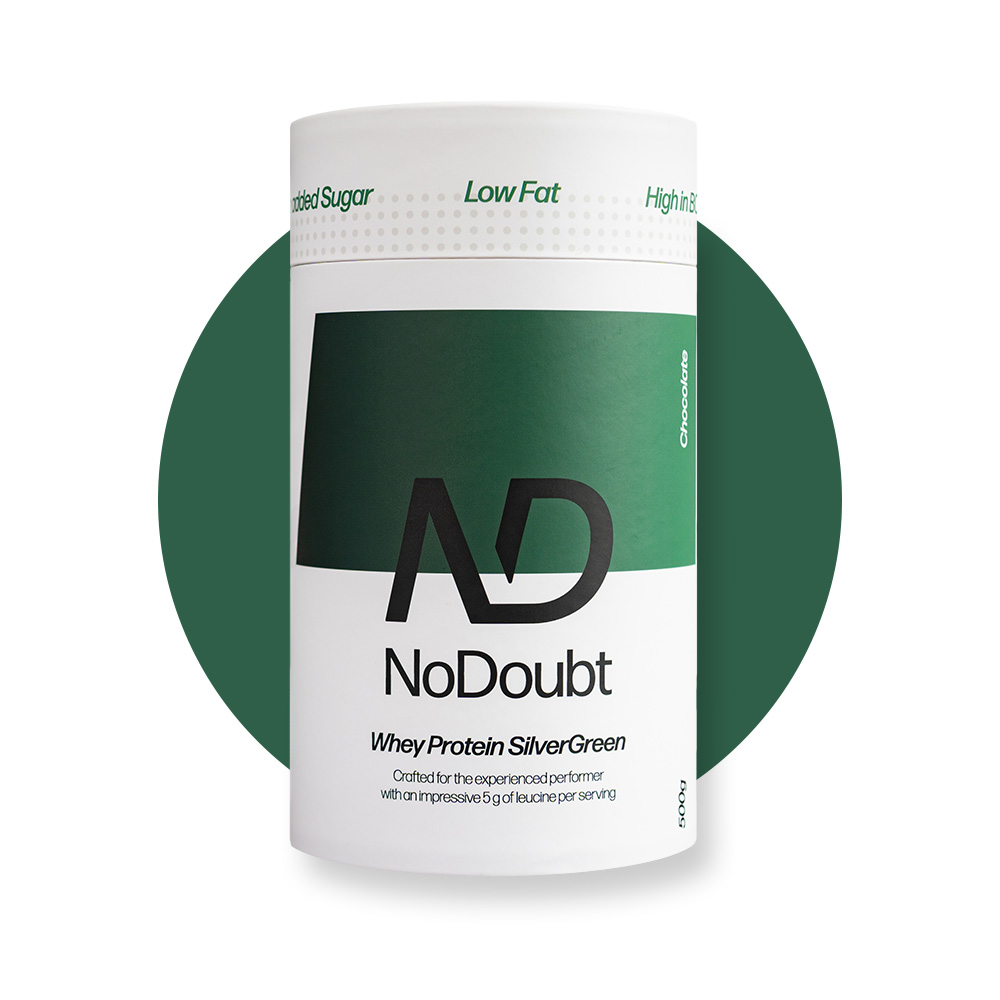
Proteins are made up of twenty different amino acids. The body can produce twelve of these on its own, while the rest are considered essential amino acids. The essential amino acids include: Isoleucine, leucine, lysine, methionine, phenylalanine, threonine, tryptophan, valine and, for infants, histidine. These must be taken in through food.
Earlier guidelines recommended a daily protein intake of 0.8 grams per kilogram of body weight, but this is now considered outdated and is considered a minimum value. Current findings suggest that an amount of 1.2 to 1.5 grams per kilogram of body weight is appropriate. In the field of sport, a range of 1.2 to 2.0 grams has long been recommended.
With the onset of muscle loss from around the age of 30 and its acceleration in the following decades, anabolic resistance develops. This means that older people need an increased protein intake to achieve the same effect as before. Older people are therefore recommended to consume around 1.5 grams per kilogram of body weight.
For example, a 60 kg woman aged 50 would need around 90 grams of protein, while a man of the same age weighing 80 kg would need around 120 grams. It is important to remember that a portion of meat (100g) contains about 20-25g of protein, a glass of milk (2dl) about 6g of protein and an egg about 6g of protein. Careful planning and knowledge of protein-rich foods are crucial to ensure sufficient intake.
You can find out more about this in our previous blog article: How ageing affects health and fitness.
Food with about 20 g Protein
- 600 ml milk
- 450 g Natural yogurt
- 85 g cheese
- 3 eggs
- 100 g meat









